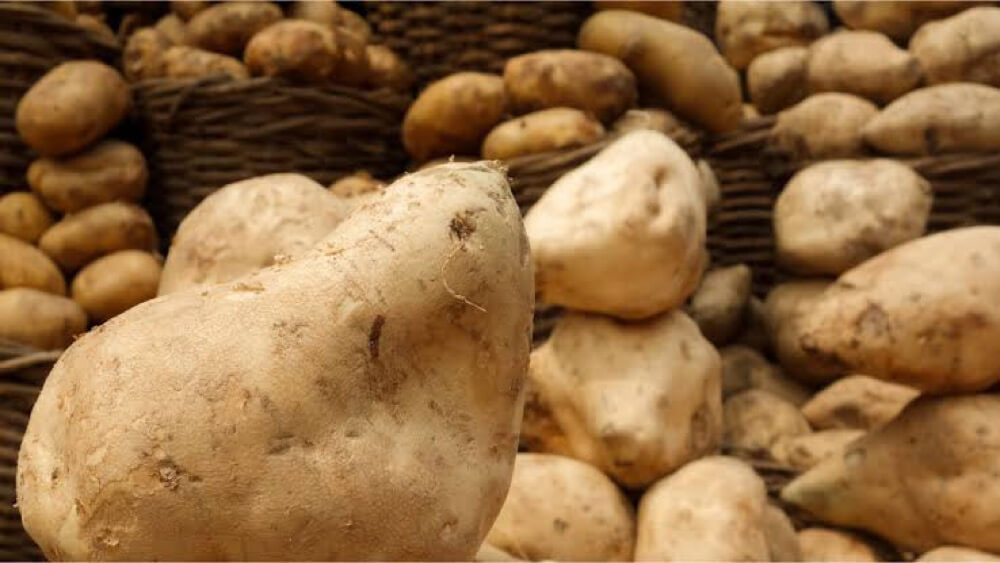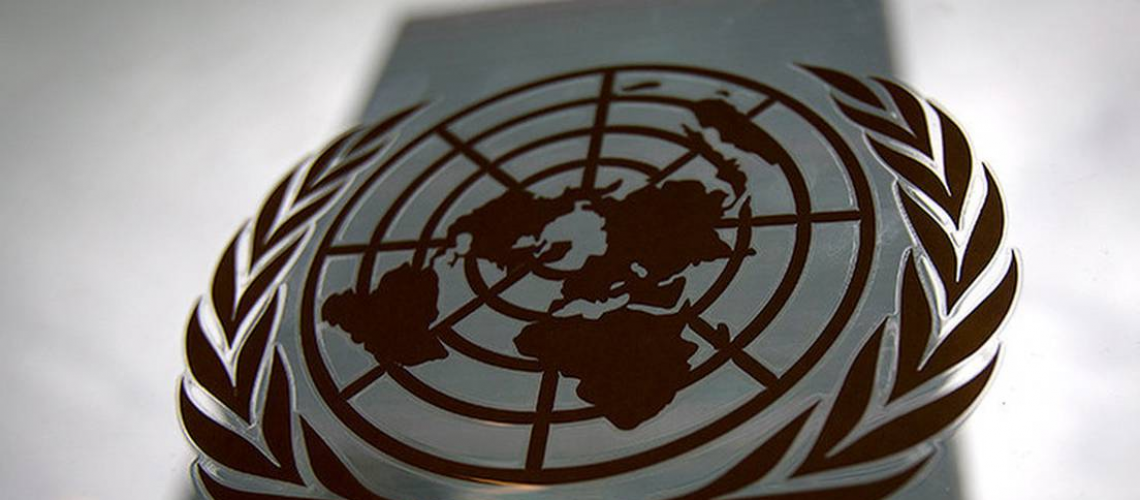The twin challenges facing South Africa today — low growth and rising unemployment — are not new. Structurally high unemployment has been a feature of this economy for many years and economic growth has disappointed in the decade before the pandemic.
Lifting growth and lowering joblessness have also long been the central theme of numerous government policy papers. Among other interventions, these papers have championed the need for a social compact approach to economic development, recognising not only the government’s fiscal constraints and capacity challenges at various levels, but also the need to generate buy-in.
The capability challenges have resulted in many municipalities failing to deliver essential services, such as maintenance of infrastructure, which enables businesses to operate efficiently. The government institutions and some state-owned entities also suffer similar challenges. Corruption, which intensified over the past decade, is one of the major causes of capacity challenges in many government institutions. In the agricultural sector, this is reflected through the weaknesses in delivery by Onderstepoort Biological Products (OBP), among others.
Sustainably resolving socioeconomic ills such as rising unemployment and unlocking growth will require fully functional government institutions. This is crucial in supporting both currently operational business and for new entrepreneurs to the economy. In the agricultural sector, the weaknesses in institutions such as OBP, among others, mean that the transformation or inclusion of black South Africans will suffer because of the state’s inadequacy.
For this reason, the social compact approach was widely championed by businesses through Business for South Africa’s economic paper published in 2020. This document outlined the essential interventions for unlocking growth from a sectoral approach. Within agriculture, some interventions recommended were legislative and required minimal government spending. Others, however, do require a broader shift in policy orientation in critical areas, such as land reform.
At the core, the social compact approach called for increased co-operation and trust between business, labour, community and the government for the betterment of South Africa. For success, each of the social partners has to understand their responsibilities and commitments.
There usually is success in instances in which business has worked collaboratively with the government. There are a few examples of such cases. Within agriculture, during the port challenges in Durban in 2021 and the unrest in KwaZulu-Natal and parts of Gauteng, the government and business worked collaboratively to ensure the security was increased and businesses could move products across the country.
Similarly, collaboration is what increased exports, although at a significant cost to the industry, especially the horticulture subsector. It is for this reason that in the first three quarters of 2021, South Africa’s agriculture, food, and beverages exports reached $9.6-billion, up 23% compared with the same period in 2020. The generally large agricultural production was also a major factor behind the large exports.
From a broader development approach, government programmes such as the Jobs Fund have included numerous black farmers into commercial production. There are also positive examples in livestock, field crops and horticulture.
Therefore, in 2022, the government’s goal should be to strengthen the social compact approach on a sectoral basis and understand the areas of interventions and collaborations that will majorly pay off in addressing the twin challenges of rising unemployment and slow growth. This exercise should improve the infrastructure networks, specifically rail, road and ports.
The agricultural sector began 2022 with this major congestion challenge at Cape Town port. With the citrus industry heading into its export season in the coming months, there are rising concerns that the port of Durban and other ports in the country could, yet again, present challenges that will be costly for the industry.
Thus, a close collaboration between the government, Transnet, business and other major industry stakeholders in resolving near-term challenges and planning for long-term solutions is paramount. The same is true for major agricultural institutions such as the Agricultural Research Council and the OBP.
This approach also requires a change in outlook, so that business can be viewed as part of the solution to the country’s problems. Building trust and all parties subscribing to all resolutions will strengthen credibility. From the government’s side, moving swiftly in all legislative matters that don’t require capital and communicating the progress effectively will enhance this much-needed trust.
Note: This article have been indexed to our site. We do not claim legitimacy, ownership or copyright of any of the content above. To see the article at original source Click Here













